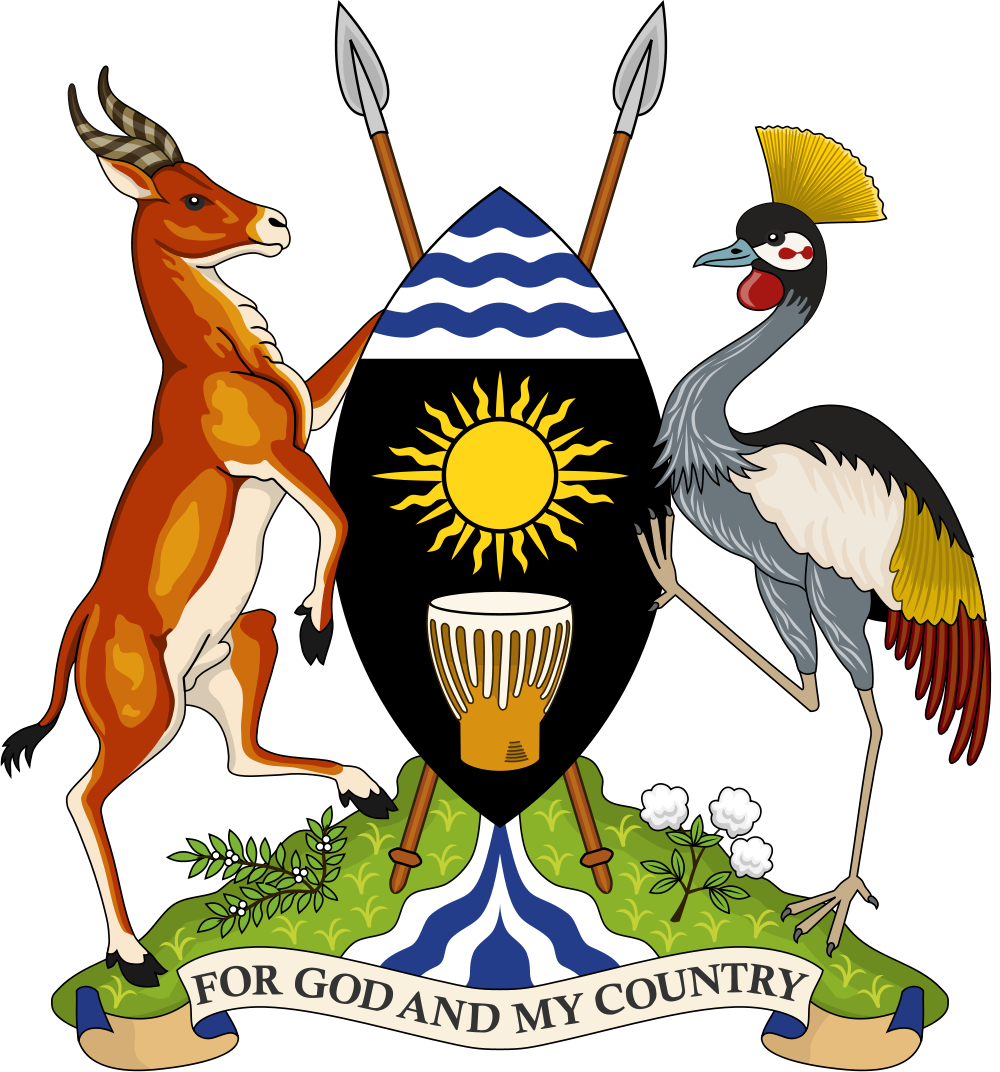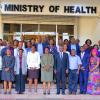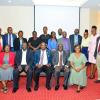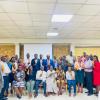Dr. Diana Atwine Calls for Self-Reliance in Africa’s Health Sector
4 th Oct, 2024 - NHLDS Quarters
Dr. Diana Atwine, Permanent Secretary of the Ministry of Health, has called on African nations to strengthen their internal health capacities to achieve self-reliance in health service delivery and response. Speaking at the launch of the ECSA-Global Fund Integrated Laboratory Systems Strengthening (ILSS) Project at the National Health Laboratory and Diagnostic Services (NHLDS) in Butabika, she urged individual countries to build local expertise, resources and infrastructure.
Her remarks followed an appeal by Dr. Susan Nabadda, Commissioner of NHLDS, who called for increased resources to develop laboratory capacities across Africa. Dr. Nabadda emphasized the need for political leaders and development partners to prioritize investment in laboratory systems.
“On behalf the Laboratory Directors of Public Health Laboratories on the continent, and on my own behalf, I want to request you the political leaders of our nations and the development partners , to put in more resources to develop the Laboratory capacities, and also continue to mobilizing resources from the Partners to do the same”, Dr, Susan appealed.
In her speech, Dr. Atwine highlighted three key focus areas for the 21 member states involved in the ILSS project:
Expanding service delivery and epidemic response: Dr. Atwine urged countries to use the foundation built through the ILSS project to strengthen health responses and laboratory services within their borders.
Reducing dependence on external expertise: She stressed the importance of building local capacity to conduct tests beyond TB, encouraging nations to stop relying on expertise from outside the region.
Leveraging national budgets for lab systems strengthening: Dr. Atwine emphasized the need to explore domestic resources, including budgeting for laboratory system improvements and equipment calibration.
“There is no need to depend on others for tests. We need to build capacity to do these ourselves. For example; Rwanda has Marburg and has requested from Uganda to help. There is no need to compete but build capacity of each member state. Individual countries need to build internal capacity to be self-reliant. Through partners support but we need to explore resources we have through budgets, machine calibration and systems strengthening,” Dr. Diana concluded.
Dr. Atwine’s call for self-reliance was re-echoed by Prof. Moses Joloba the Director Supra National Reference Lab at NHLDS who shared the journey of the SNTRL.
“In 2013, WHO had a concept of a supra lab to support other countries. At this time all expertise and lab support came from outside the continent; Europe and Australia. So NTRL became a supra lab. Global Fund then pushed us to share accelerated lessons learned to other countries. To date the initiative has led to the accreditation of over 15 labs in Africa in the last 6 years. We are now focused on new techniques to combat TB,” Prof. Joloba.




